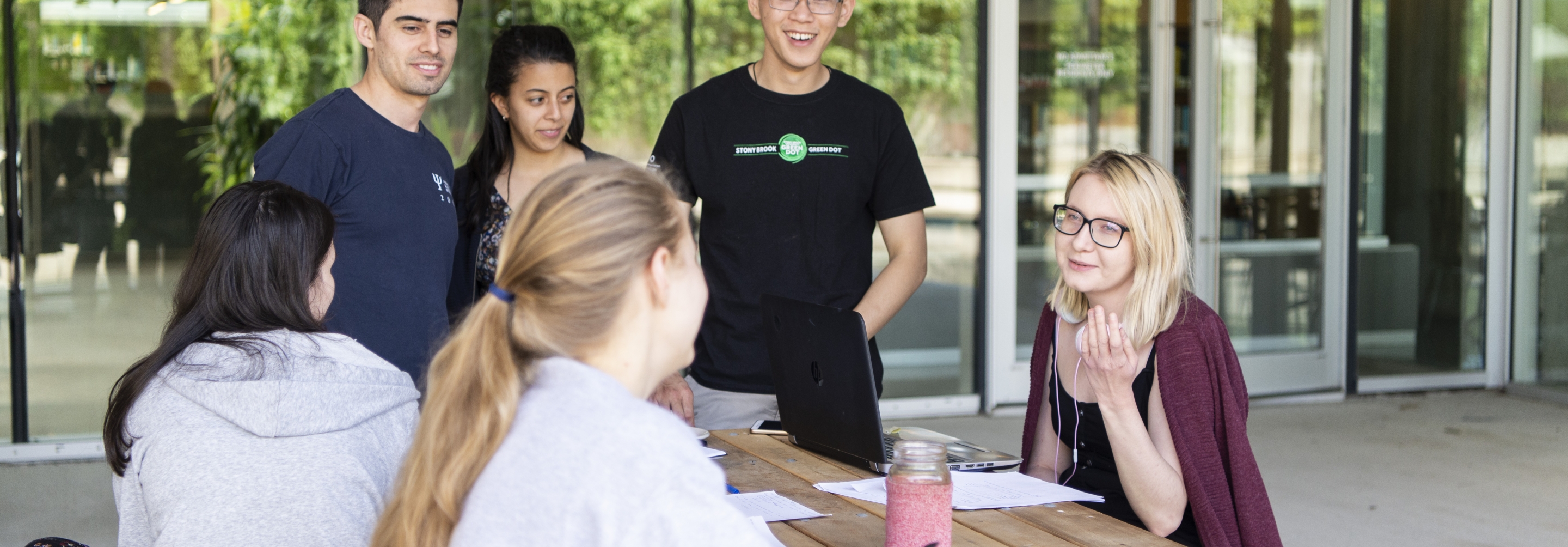PSI Bridge Frequently Asked Questions
Are there any fees to apply?
No.
Do I have to pay a fee to attend the online program?
No.
What previous knowledge should students have to participate in the PSI Bridge program?
PSI Bridge students should have spent several years learning undergraduate physics through coursework or self-study. They should also have identified topics in classical mechanics, special relativity, quantum mechanics, statistical physics, and/or mathematics at the advanced undergraduate level that they want to learn with a supportive peer group before starting a graduate program in physics. Priority will be given to students who do not have other opportunities to learn these topics with a peer group.
Will the PSI Bridge program cover graduate-level topics?
No. The PSI Bridge program will cover topics that will be useful to know before starting a graduate program in physics, such as the Perimeter Scholars International (PSI) master’s program
What topics will be covered in the PSI Bridge program?
The precise topics covered will depend on the participants’ interests and instructors’ judgment of which material is most relevant. Possible topics include but are not limited to: aspects of Lagrangian or Hamiltonian dynamics, perturbation theory in quantum mechanics, ensembles in statistical mechanics, topics in complex analysis, and distributions (generalized functions).
I am planning to apply for the PSI Start program. Can I also apply for the PSI Bridge program?
PSI Start and PSI Bridge happen in parallel, so it is not possible to attend both at the same time. Students who apply for both can only be selected for one of the programs.
Is there any financial support?
While there are no participation fees for PSI Bridge, Perimeter Institute recognizes that participation in an online program may be a financial burden to some students. Financial support, such as funding for IT equipment, is available to participants based on their needs.
If I’m uncertain whether I’m eligible to apply, what should I do?
Please contact [email protected]
How many referees can I list?
Applications must include at least one referee names and email addresses, with space available for an optional two referees.
How do my referees submit their reference letters?
Upon completion of the online application, the system will automatically contact your referees with details on how to submit their reference forms. Referees will be asked to evaluate your abilities and motivation, academic background, and group collaboration skills.
We encourage you to contact your referees before listing them on your application. Please let them know that they will receive an automated email from AJO (Perimeter's application tool) with with instructions for submitting their reference letters and that letters should address the following points.
The answers to these questions will be the primary source used in determining the suitability of your application.
1. Please compare the candidate with other students you have encountered at a similar level. Describe the group with which you are comparing the candidate.
2. Please elaborate below on the candidate’s abilities and motivation. We ask that you consider the following aspects in your evaluation:
- the candidate’s ability to find creative and innovative solutions to problems,
- the candidate’s curiosity about topics in theoretical physics,
- the candidate’s ability to quickly learn new and difficult concepts,
- the candidate’s ability to deeply understand concepts they have learned,
- the candidate’s tenacity and determination when approaching difficult problems,
- the candidate’s self-motivation and ambition,
- the candidate’s work ethic,
- the candidate’s ability to work independently.
3. Please elaborate below on the candidate’s group collaboration skills and commitment to EDI (equity, diversity, and inclusion). We ask that you consider the following aspects in your evaluation:
- the candidate’s ability to work collaboratively on problems,
- the candidate’s ability to listen to and appreciate others’ points of view,
- the candidate’s ability to accept constructive criticism and guidance in their work,
- the candidate’s ability to convey their understanding to colleagues and help them understand,
- the candidate’s understanding of the importance of EDI in research and learning environments,
- the candidate’s commitment to improving EDI practices in their research and learning environments.
4. Please elaborate below on the candidate's preparedness for graduate work in Theoretical Physics:
- The candidate's preparedness to study graduate topics in physics.
- The candidate's demonstrated research ability in theoretical physics.
NOTE: Referees will NOT be able to access your application or view your private information.
Can anyone in the world apply? Which countries are eligible?
Students around the world who meet the eligibility criteria are welcome to apply. Students outside of the Eastern Time Zone should expect that the synchronous meeting schedule may not match their usual daily routine of waking and sleeping times.
Synchronous meetings will likely happen close to regular working hours in Waterloo (roughly between 9am and 5pm, with the possibility of extending the time window a bit in either direction) with two separate sessions (morning and afternoon) to accommodate for different time zones. The exact schedule of the meetings is not fully fixed and will be updated if there are changes in availability of students or instructors.
It is highly recommended that prospective applicants consider the time difference between Waterloo and their community before applying.
